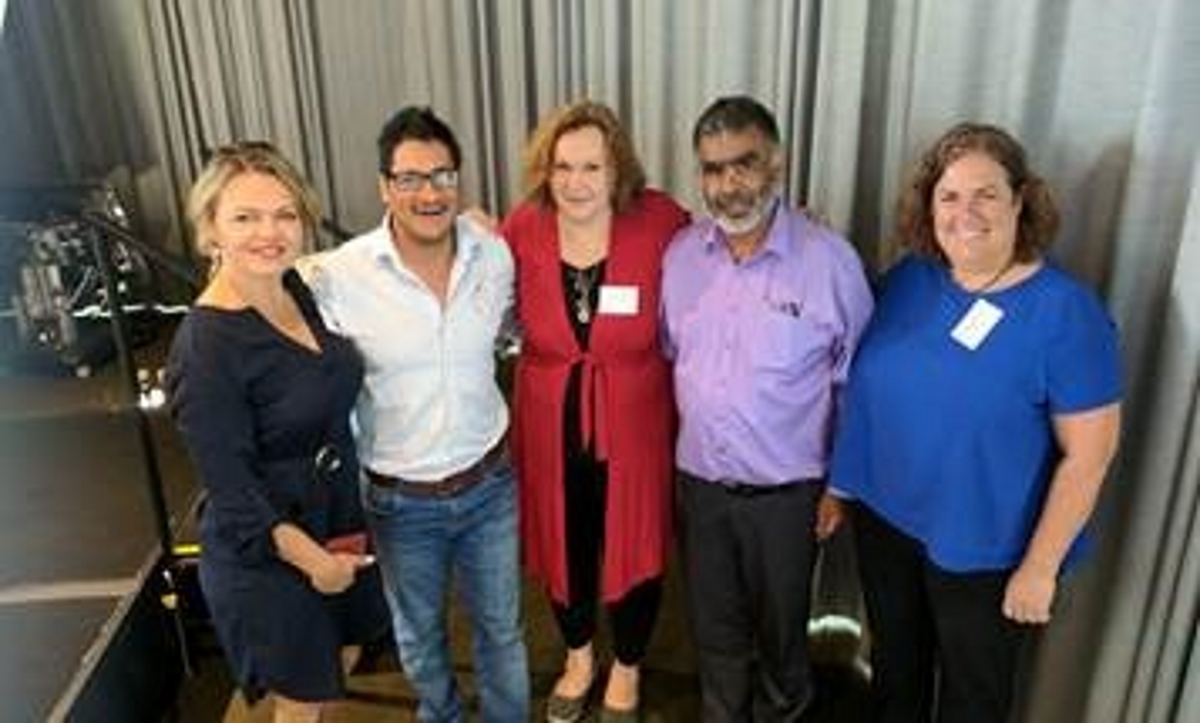
The first workshop for the “Healing the past by nurturing the future” project, held in Adelaide in March, was attended by Centre for Remote Health Mental Health Academic, Tanja Hirvonen. The lead researchers are Drs Cath Chamberlain and Graham Gee. Yvonne Clark is a Chief Investigator and employed part time on the project alongside the other researchers and Tanja Hirvonen is also part of the project team.
In addition to many years’ experience working for Aboriginal communities, the Aboriginal and non-Aboriginal team have extensive expertise in psychology, psychiatry, perinatal care, parenting, Aboriginal health and all types of research. Aboriginal Community Controlled Medical Services in the Northern Territory, South Australia and Victoria have been invited to be involved in this project. Community-based key stakeholders from all jurisdictions, identified through service mapping, will be invited to participate in the co-design workshops.
Funded by the Lowitja Institute and the National Health and Medical Research Council, the project aims to develop perinatal (pregnancy to two years after birth) strategies for identifying and supporting Indigenous parents who have experienced complex trauma in their own childhoods.
This trauma can have profound and ongoing impacts on development and physical, social and emotional wellbeing. The long-lasting relational effects may be triggered during parenthood, causing emotional distress and impeding the capacity of parents to nurture their children, leading to intergenerational transmission of trauma. Conversely, growing evidence shows that the transition to parenthood offers a unique life-course opportunity for healing and preventing intergenerational transmission, even after severe trauma.
Yet, despite these opportunities for healing, particularly during frequent scheduled contacts with health care providers, and the risk of triggering due to the intimate nature of perinatal care, there are currently no systematic perinatal strategies for identifying and supporting parents who have experienced complex trauma themselves. The project will begin to address this critical gap.

